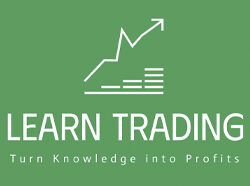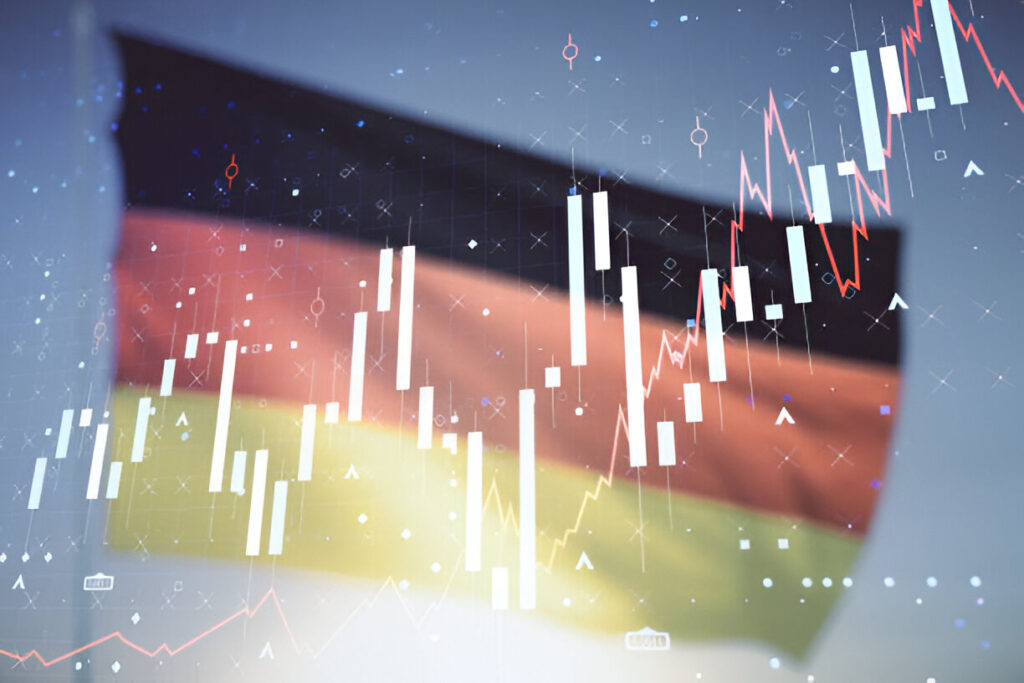Currency Trading in Germany: An in-depth primer
Forex trading, or foreign exchange trading, is a growing sector of the financial market globally, and Germany is no exception. Known for its strong economy and well-established regulatory frameworks, Germany presents an ideal environment for forex traders. This article discusses major features of forex trading in Germany, stressing the role of regulatory agencies, trading platforms, and other crucial concerns for new and seasoned traders alike.
Explaining Currency Trading in Germany
Forex trading involves buying and selling currency pairs in a decentralized market. It is one of the largest and most liquid financial markets internationally, with trillions of dollars moved everyday. Germany’s robust financial service industry has led to the expansion of forex trading, making it a popular investment route among retail and institutional investors.
The forex market works 24 hours a day, five days a week, providing traders flexibility to engage from multiple time zones. In Germany, traders have access to a wide selection of currency pairs, including major, minor, and exotic options, enabling them to vary their tactics.
Regulated Environment in Germany
Germany’s forex market is supervised by strong laws aimed to safeguard investors and promote fair trading practices. The Federal Financial Supervisory Authority (BaFin) oversees financial service providers, including forex brokers operating within the country.
BaFin ensures that brokers adhere to stringent requirements, creating a secure environment for traders. For instance, brokers must comply with the Markets in Financial Instruments Directive (MiFID), a European Union regulatory framework aiming at boosting transparency and investor protection among member states.
Select a Regulated Forex Broker
Selecting a regulated forex broker is vital for guaranteeing a safe trading experience. German forex brokers are required to possess licenses granted by BaFin and comply with MiFID requirements. These regulations force brokers to isolate customer funds from their operational accounts, lowering the danger of financial misappropriation.
When evaluating a broker, consider the following factors:
Licensing and Regulation: Verify that the broker is authorized by BaFin or another reputable regulatory body.
Trading Platforms: A reliable broker offers user-friendly trading platforms equipped with advanced tools for technical analysis.
Range of Offerings: Ensure the broker provides access to a wide range of currency pairs and other instruments, such as CFDs on commodities or indices.
Leverage and Margin Requirements: Due to leverage, trading forex can magnify both profits and losses. Understand the leverage limits imposed by the broker.
Fees and Spreads: Compare costs such as spreads, commissions, and overnight fees across different brokers.
Notable Trading Platforms in Germany
German forex traders generally utilise modern trading platforms to conduct deals and study the market. Platforms like MetaTrader 4 (MT4), MetaTrader 5 (MT5), and cTrader are highly chosen for their complete features. These platforms feature real-time price charts, customisable indicators, and automated trading capabilities.
Some brokers additionally provide bespoke platforms tailored to their clients’ needs. Before committing, traders should test these platforms using demo accounts to check compatibility with their trading style.
Risk and Challenges in Forex Trading
Forex trading is inherently dangerous, and traders can lose money when trading, especially without effective risk management measures. One of the primary dangers is related to leverage. While leverage multiplies possible rewards, it also increases the possibility for severe losses. Traders should understand the dangers involved and use tools like stop-loss orders to reduce their exposure.
Another concern is market volatility. Currency exchange rates can fluctuate swiftly owing to geopolitical events, economic data releases, or central bank policy. Staying informed and adapting plans to changing market conditions is key for success.
Key Features of Forex Trading in Germany
Investor Protection: BaFin-regulated brokers are required to offer investor protection measures, such as compensation schemes, to safeguard traders’ funds in case of broker insolvency.
Wide Range of Currency Pairs: Traders in Germany can access various currency pairs, providing opportunities for diversification.
Education and Training: Many brokers offer educational resources, including webinars, tutorials, and market analysis, to help traders improve their skills.
CFD Trading: In addition to forex, traders can engage in CFD trading, allowing them to speculate on the price movements of commodities, indices, and stocks without owning the underlying asset.
Strategies for Successful Forex Trading
Developing a solid trading strategy is essential for navigating the forex market effectively. Here are some popular strategies used by forex traders in Germany:
Technical Analysis: This approach involves studying price charts and indicators to predict future movements. Tools like moving averages and Fibonacci retracements are commonly used.
Fundamental Analysis: This strategy focuses on analyzing economic data, interest rates, and geopolitical events to determine currency trends.
Scalping: A short-term strategy that involves making multiple trades within a day to capitalize on small price movements.
Swing Trading: A medium-term strategy where traders aim to profit from price swings over several days or weeks.
Risk Management: Using stop-loss orders, position sizing, and diversification to minimize potential losses.
Advantages of Forex Trading in Germany
Regulated Environment: BaFin’s oversight ensures transparency and security for traders.
High Liquidity: The forex market’s liquidity allows for easy entry and exit from trades.
Flexibility: Traders can choose their trading hours and style based on their preferences.
Access to Advanced Tools: German forex brokers offer sophisticated trading tools and platforms to enhance decision-making.
Common Mistakes to Avoid
Overleveraging: Using excessive leverage can lead to significant losses. Stick to conservative leverage ratios.
Lack of Education: Entering the market without adequate knowledge can result in poor decisions.
Emotional Trading: Avoid letting emotions drive trading decisions. Stick to your strategy.
Ignoring Risk Management: Always set stop-loss levels and avoid risking more than you can afford to lose.
The Impact of BaFin in Forex Trading
The Federal Financial Supervisory Authority plays a vital role in preserving the integrity of Germany’s FX market. By enforcing tight regulations and monitoring broker operations, BaFin maintains a fair and secure trading environment. Traders benefit from the authority’s dedication to preserving their interests and ensuring market stability.
My view
Forex trading in Germany offers prospects for traders prepared to manage its complexity safely. By choosing authorised brokers, utilizing innovative trading platforms, and implementing smart tactics, traders can boost their chances of success. Understanding the regulatory framework and market dynamics is crucial to making educated decisions and establishing long-term success in this dynamic financial sector.



